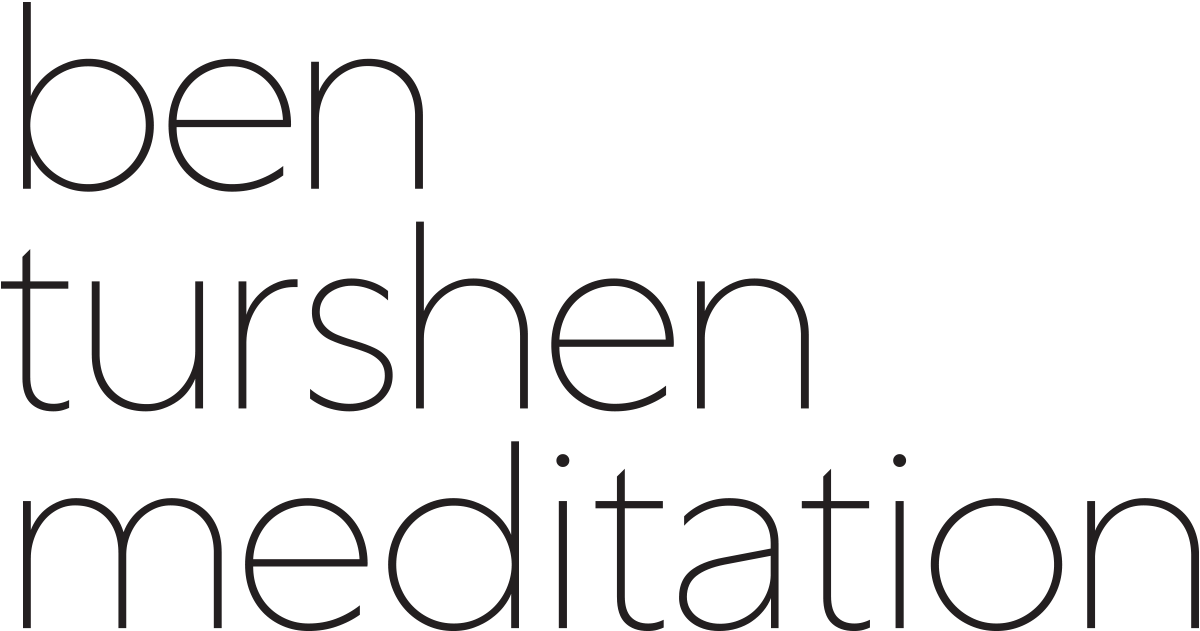By Arden Martin. Originally posted on ardenmeditates.com
Ben Turshen taught me that these deceptively similar words manifest quite differently in our life experiences.
The word reaction generally has an unfavorable connotation. When my mom nags me (out of love, naturally) and I snap back at her, I call it an overreaction. When my student throws a chair and my heart starts racing, I call it a stress reaction. And if your skin develops a rash after your dermatologist prescribes new medication, she would call it an adverse reaction to the drug.
The word response, on the other hand, connotes an action that is both appropriate and in alignment with a given demand. When my mom nags me and I take a deep breath before thanking her for the reminder, I call this a positive response. When my student throws a chair and I calmly escort him out of the room, I call it a level-headed response. And if your skin clears up after your dermatologist prescribes new medication, she would say you're respondingwell to the drug.
Meditation allows us to react less and respond more by dissolving stress. When we react, it happens before we have a chance to decide how to best meet a given demand. This is because we're stressed and lack the clarity to respond optimally. Furthermore, we accumulate more stress in the body each day if we don't do something to combat it. Each time we meditate, we release stress and increase mental functioning, which allows us to make better choices in demanding situations. We are able to pause and respond elegantly to whatever comes our way. And when we meditate regularly, the stress we release doesn't come back. If you struggle with stress and knee-jerk reactions, you owe it to yourself (and the people in your life) to increase your responding capacity.
